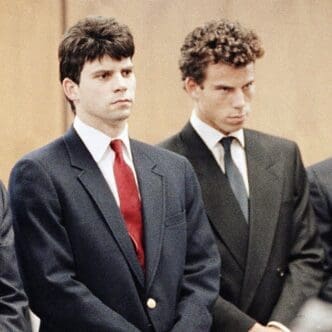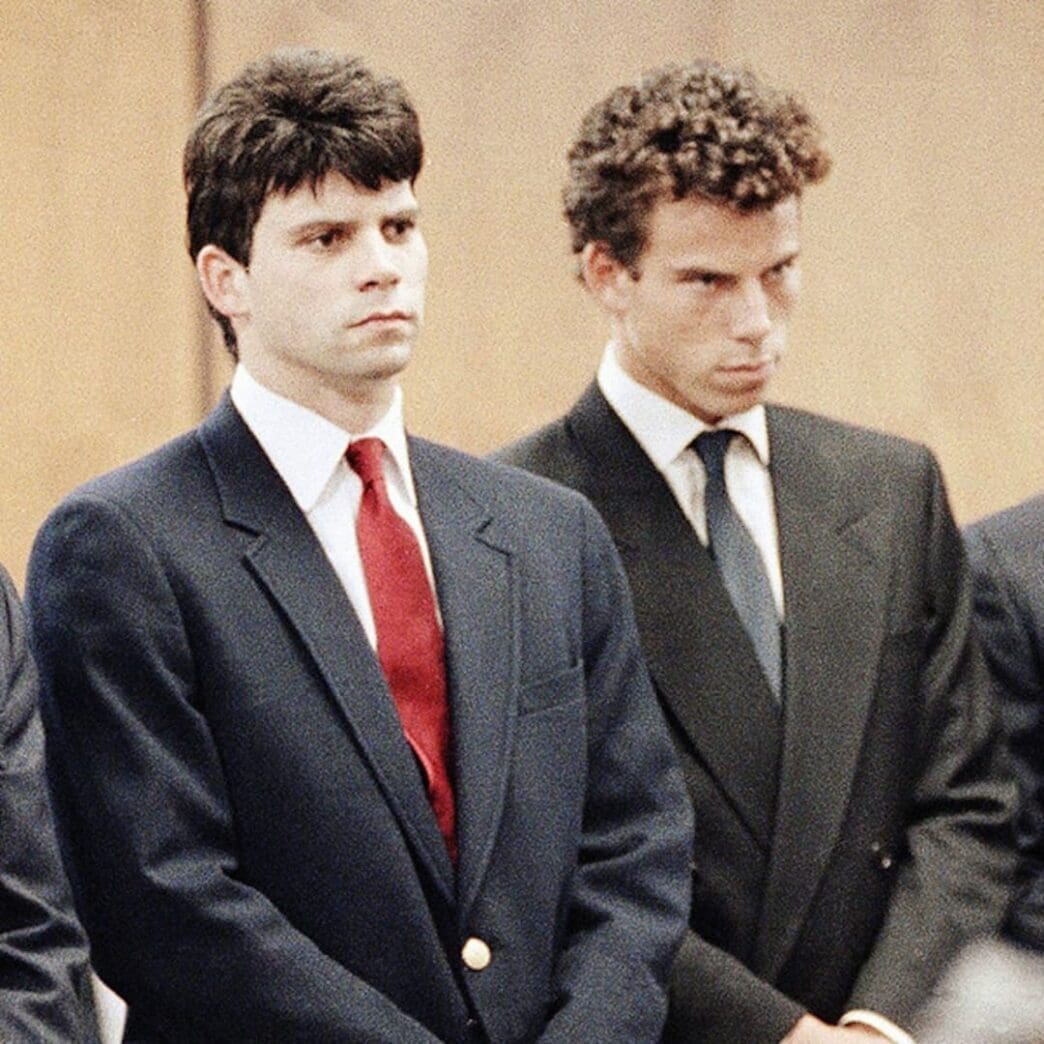In the late summer of 1989, the shocking murder of Jose and Kitty Menendez inside their lavish Beverly Hills mansion marked the beginning of a case that would enthrall the nation. As their sons, Lyle and Erik Menendez, went on trial, the world was captivated not only by the gruesome details of the crime but also by the ensuing media frenzy. Fast-forward to 2025, and the story is back in the spotlight—thanks in part to a controversial Netflix series that has reignited public interest in the brothers’ notorious case.
The night of August 20, 1989, is etched in infamy as the moment Lyle and Erik Menendez shot their parents at point-blank range—a fact undisputed throughout their trial. However, the motives behind this violent act have sparked an ongoing debate. Prosecutors accused the brothers of being driven by greed, citing their extravagant lifestyle following the murders. Lyle’s purchase of luxury items and a restaurant fueled suspicions about their financial motivations.
Netflix’s series ‘Monsters: The Lyle and Erik Menendez Story’ has brought a fresh perspective to this decades-old case. While praised for its dramatic recounting, it has faced criticism, especially from Erik, who condemned the series for perpetuating false narratives. Ryan Murphy, the show’s producer, aimed to present multiple viewpoints, allowing viewers to explore various aspects of the brothers’ complex history.
The series not only garnered a significant viewership but also sparked a renewed legal debate. As Mark Geragos, the Menendez brothers’ attorney, noted, even negative attention could aid their quest for clemency. The show prompted fresh scrutiny from former Los Angeles County District Attorney George Gascón, who supported revisiting the brothers’ sentences—a move delayed for review by the incoming administration.
At the heart of this renewed interest lies the brothers’ defense: a claim of self-defense following years of alleged parental abuse. During the trial, both brothers alleged a history of physical and sexual abuse at the hands of their father, claims that were contentious but central to their legal strategy. Testimonies from the trial, such as Lyle’s recounting of past abuses, further complicated the public’s perception of the brothers.
Despite the brothers’ efforts to justify their actions, they were ultimately convicted and sentenced to life without parole. However, the drama did not end there. The brothers’ lives in prison have been marked by attempts to seek fresh trials and public statements expressing regret for their actions.
The emergence of new allegations and evidence in recent years, such as accusations against their father by a former Menudo band member, has added layers to their narrative. These developments have contributed to an ongoing legal battle, with the brothers seeking resentencing and clemency, arguing that their acts were manslaughter rather than murder due to the abuse they suffered.
Meanwhile, the Netflix series’ portrayal and the brothers’ real-life responses underscore the lasting impact of the case. Viewers and jurists alike are left to grapple with the complexities of abuse, justice, and media influence—a reminder of how this saga continues to shape public conversation.
The Menendez brothers’ story is a tapestry of tragedy, media spectacle, and legal intricacies. While the series might dramatize their narrative, it also revives essential discussions about justice and the power of storytelling. As the case remains under the legal microscope, the world watches, reflecting on past decisions and the potential for redemption in a story that refuses to fade from public memory.
Source: Eonline







